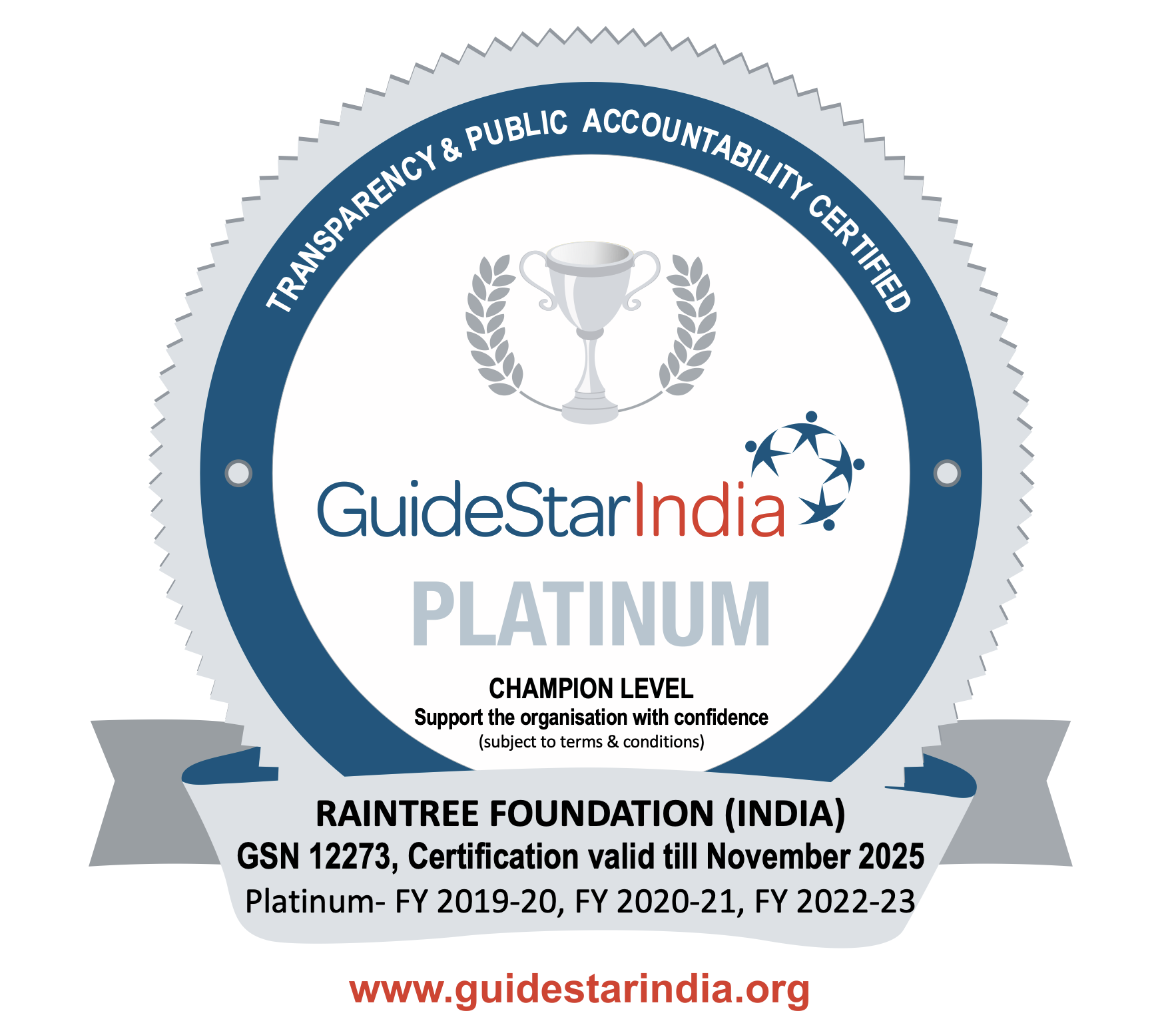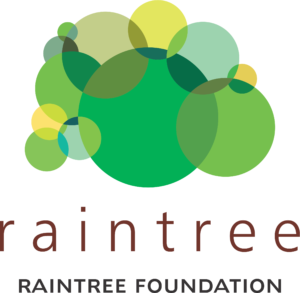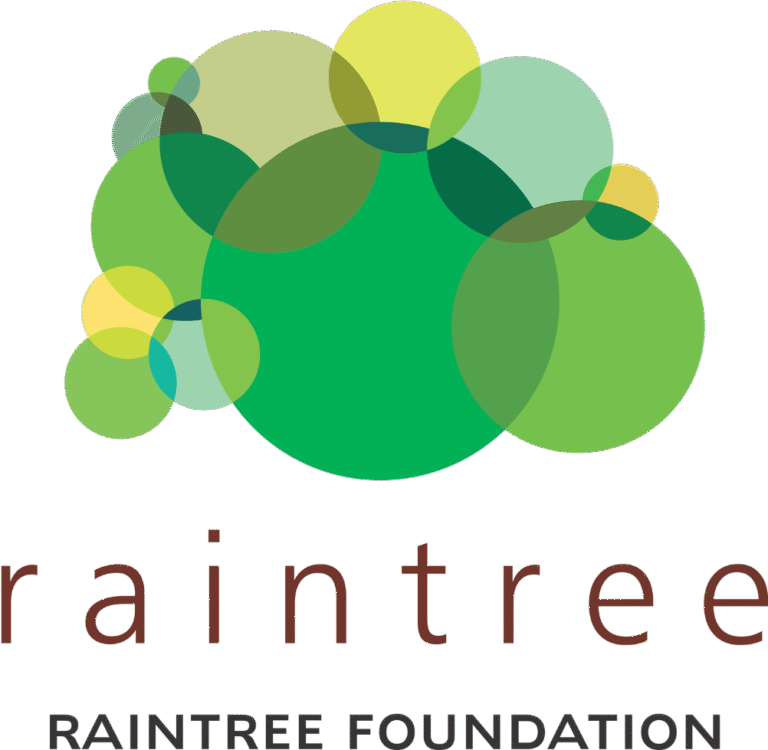Join Our Movement
April 2025
Solar-Powered Solutions: Transforming Rural Livelihoods Through Sustainable Poultry in Velhe

Introduction: Rural Innovation Meets Clean Energy
In India’s remote and climate-sensitive regions, sustainable livelihood solutions are becoming essential. In the Velhe taluka of Pune district—nestled in the biodiversity-rich Western Ghats, Raintree Foundation plans to empower local communities with a climate-smart poultry initiative: Solar-powered egg incubators that blend clean energy with income generation.
Boosting Incomes Through Backyard Poultry
Since 2023, Raintree Foundation has helped 178 rural households across nine Gram Panchayats in Velhe establish backyard poultry units. The focus is on inclusion: women, persons with disabilities, and self-help group members are key beneficiaries.
Key Impact:
- Over ₹8 lakhs in cumulative income earned from poultry sales.
- Enhanced food security and household savings.
- Improved agency and financial independence for women.
Breaking Bottlenecks with Solar-Powered Egg Incubators
Access to quality chicks and consistent electricity are major challenges. To address this, the Foundation plans to introduce solar-powered egg incubators that hatch chicks locally, cutting dependence on external vendors and reducing costs.
How It Works:
- Incubator capacity: 180 eggs every 21 days.
- Solar setup: 335 Wp panel, 100 Ah battery, inverter.
- Annual solar generation: 1,591 kWh.
- Estimated cost savings: ₹6,827/year.
- Backup battery system ensures round-the-clock reliability.
Local Enterprises, Circular Impact
Community members will be trained to manage these incubators as micro-enterprises, selling chicks locally and reinvesting profits into expansion and maintenance.
Projected Outcome:
- ₹3.75 lakhs in net income generated: Micro-enterprises managing the incubators are expected to generate substantial revenue, directly boosting household incomes.
- 121+ households serviced: The initiative will benefit over 121 households across 9 Gram Panchayats, providing local farmers with reliable access to poultry resources and fostering economic independence.
- Enhanced local circularity: The model will encourage local production and consumption, reducing dependency on external vendors and promoting reinvestment in community-driven businesses.
- Reduction in transportation and procurement costs: By hatching chicks locally and operating the incubators on clean, solar energy, costs related to transportation and chick procurement will significantly decrease.
Building Community Ownership and Skills
The initiative includes robust training on incubator use, maintenance, and solar system management. Beneficiaries are empowered to manage systems independently, with collective oversight from Gram Panchayats and local groups.
This fosters:
- Local technical expertise.
- Community ownership.
- Sustainability beyond project timelines.
Aligning with India’s Climate and Development Goals
This solar-powered model aligns with India’s broader commitments under the National Action Plan on Climate Change (NAPCC) and supports the following SDGs:
- SDG 1 – No Poverty.
- SDG 5 – Gender Equality.
- SDG 7 – Clean and Affordable Energy.
- SDG 12 – Responsible Consumption and Production.
- SDG 13 – Climate Action.
Velhe’s ecological sensitivity makes it a priority zone for integrated, low-carbon development. This project showcases how clean tech can support both climate adaptation and rural prosperity.
Conclusion: A Replicable Model for Rural India
Raintree Foundation’s solar poultry initiative in Velhe is more than a livelihood program—it’s a blueprint for climate-resilient rural development. By promoting self-sufficiency, clean energy use and circular economies, it offers a scalable model for other rural regions across India.
If you’d like to learn more, collaborate or contribute to this initiative, please reach out to us at jyoti.verma@theraintree.org.
To subscribe to our Newsletter


Contact Info
- 101-104 First Floor - Sunrise Business Park, Rd Number 16, Wagle Industrial Estate, Thane 400064
- contactus@theraintree.org
Raintree Foundation © 2023. All rights reserved.



